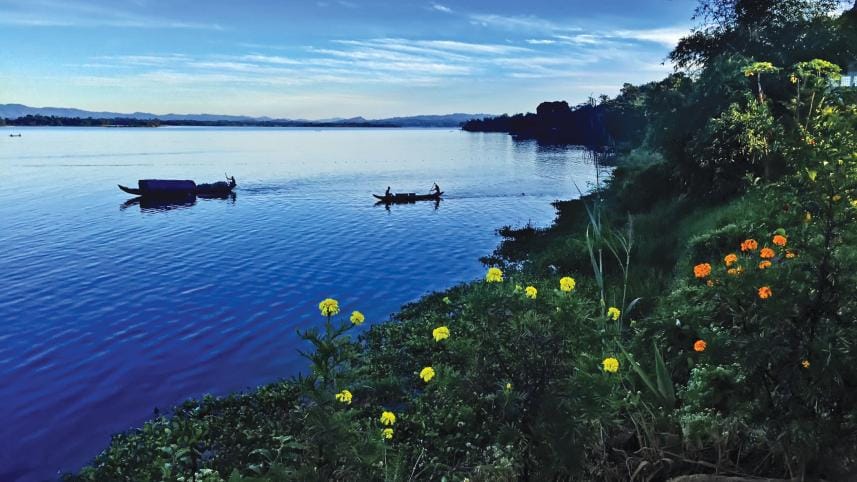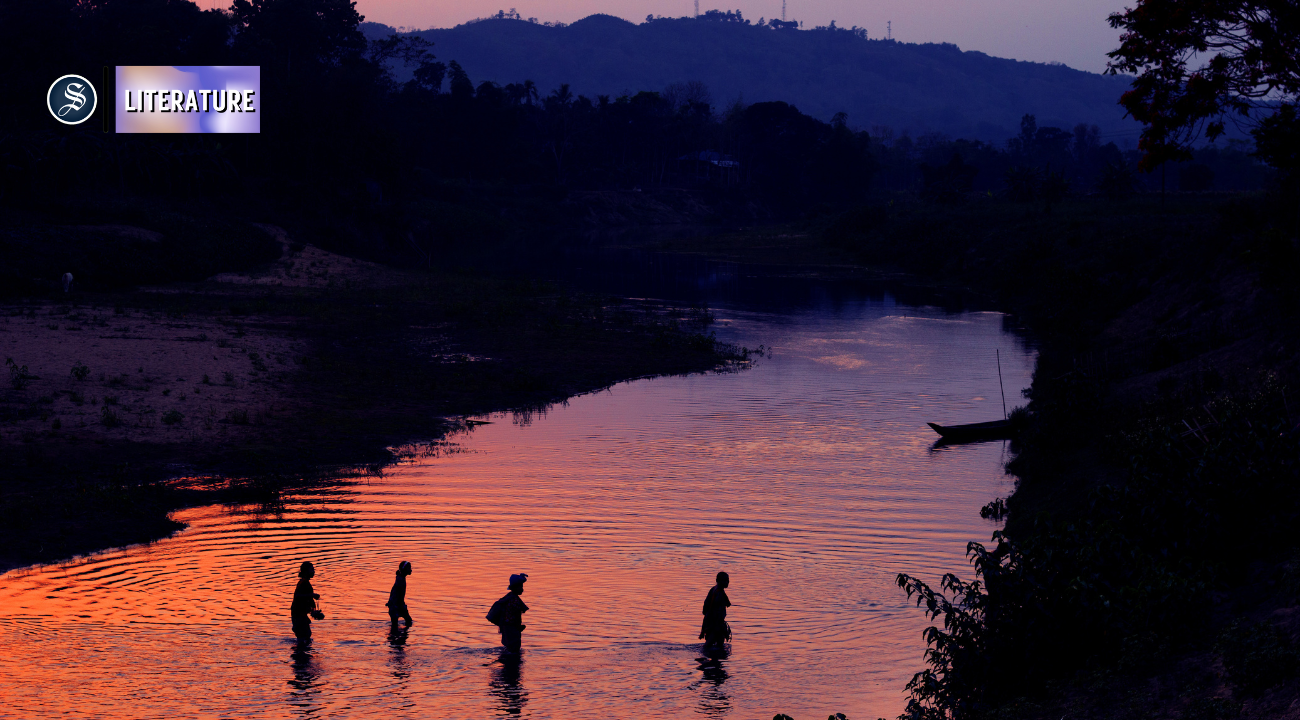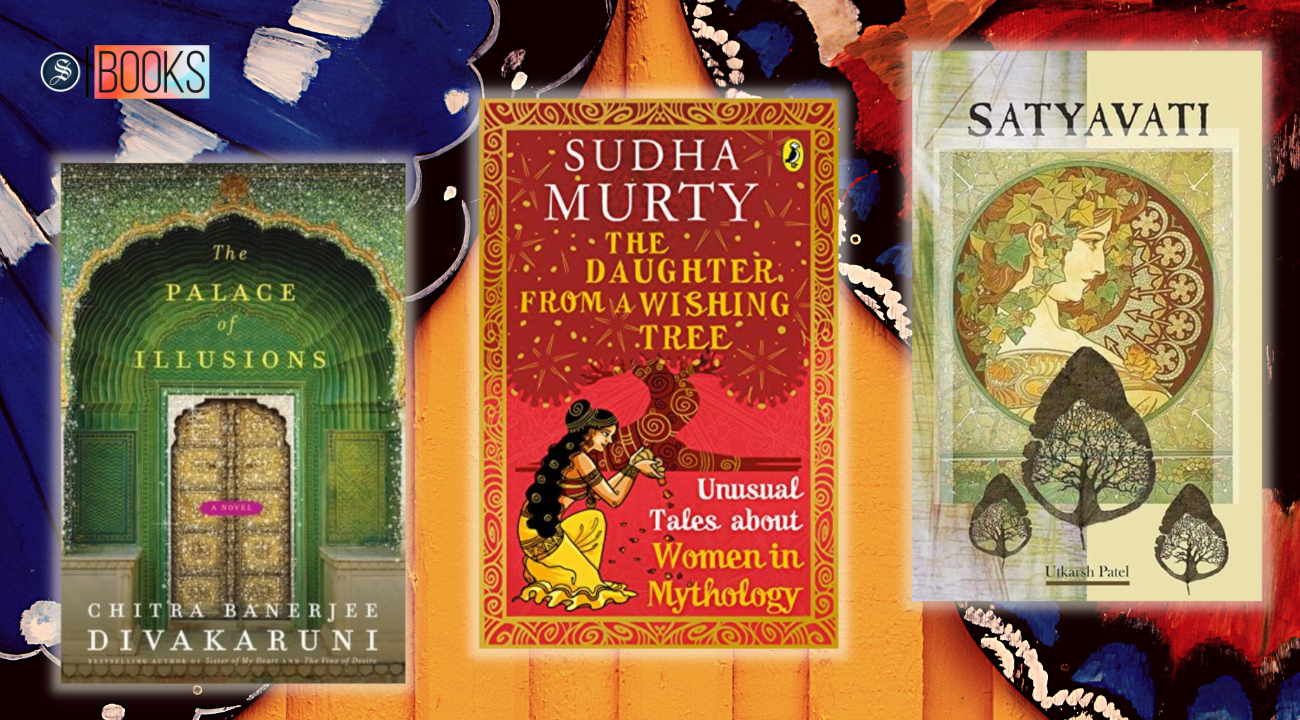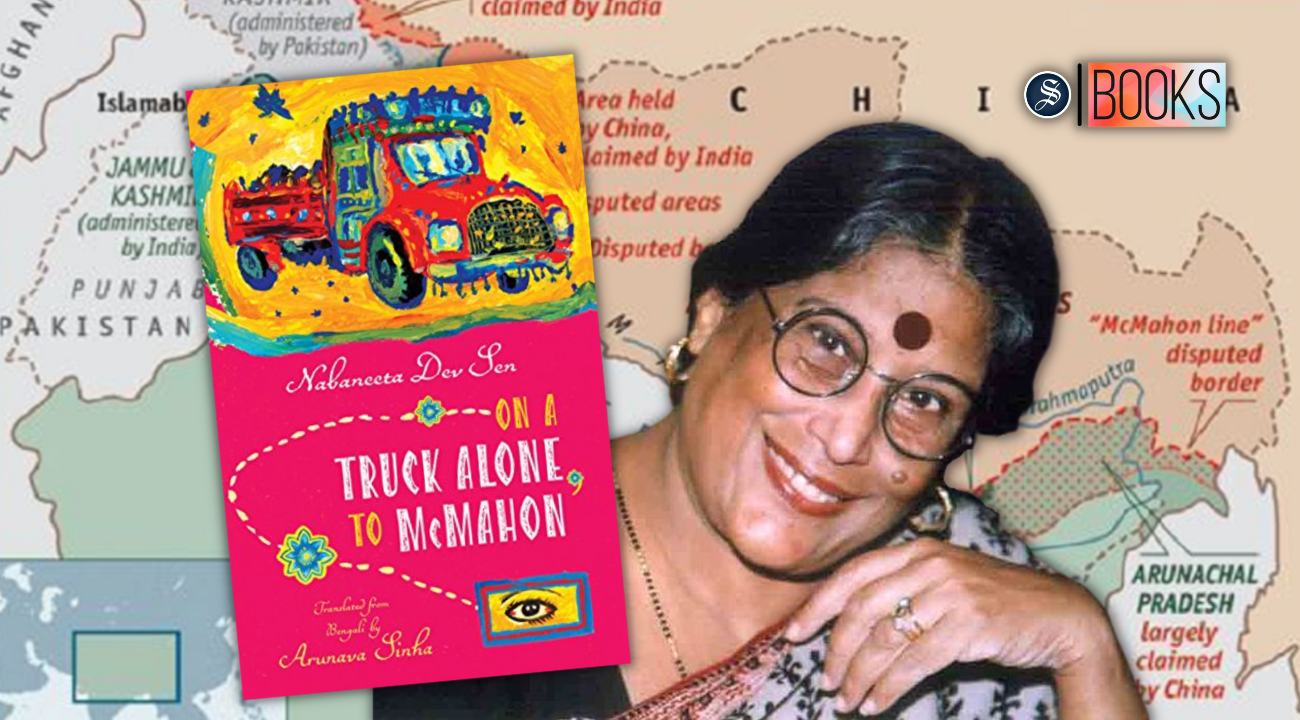Where are indigenous women’s stories?

"Bangladesh has become the host of more than 18 endangered languages till now…While there is a lot of awareness around this issue on February 21, it totally gets ignored for the rest of 364 days. But let's ask the big question–are Indigenous languages actually important for us?" writes Susmit Chakma in Indigenous Exclusive.
Do we care?
Bangla unifies the land and people, allowing for cohesion and cooperation, but other languages are fast falling out of use, offering cultural value, but little paid work. The gradual disappearance of a language has deep, life-threatening consequences. As language systems disappear, troves of information sink with them, and it is not only the disappearing community that suffers. The larger population also grows weaker in its race towards hegemony, driven by an irrational desire to melt into a dominant, privileged monolith structure. We should care.
Anthropologist Akira Yamamoto points out nine factors to prevent language death, of which three stand out to us: a dominant culture that favours linguistic diversity, the creation and promotion of programs that educate students on the endangered language and culture, and the fact that language must have written materials that encompass new and traditional content.
I would add another factor to Yamamoto's list–participation of women in the revival of the language. Language loss through a gender lens is even more dire, as whole troves of information about womanhood, health, and medicine vanish.
Sister Library in collaboration with SPaRC and Indigenous Exclusive hosted a reading of works by women in Marma, Mro, Tripura and Chakma languages. The session was moderated by Muktasree Chakma Sathi, founder of Supporting People and Rebuilding Communities (SPaRC) and Arjyashree Chakma, founder of the Indigenous Exclusive blog.
For the Sister Library reading, Sathi and Arjyashree asked their friends and allies for connections to stories and readers, and were suggested many texts by male authors."I noticed that indigenous women from CHT were more hesitant to speak in meetings or gatherings. Their ideas and knowledge were often not valued by fellow participants and community leaders. The CHT indigenous women are also misunderstood and misrepresented in media reports and literature", wrote Dr Ena Tripura, one of the readers at the event and the first Tripura woman of Bangladesh to receive a PhD. "With few exceptions, the literature is written by men and/or women from different communities and nationalities because we do not have enough women in indigenous communities to write about our issues and problems", she added. At the Sister Library reading, Ena shared the poem Bonanter Chayai, written by Shuvarani Tripura.
Women are read less. Indigenous women are read even less. There are multiple root causes–lack of editorial support for indigenous authors writing in their mother tongues, the predominance of oral traditions, gender inequality and bias. As a result, their work goes unsupported and unrecorded.
It was so hard to find texts written by women in their mother tongues that the Sister Library, for the first time, read a poem by a Mro male poet, chief priest of Kramadharma Lengyang Mro. Run Key Mro, a student of Governance and Development Studies in Bandarban University, read a poem of his titled "Motherland". Born in the hill country, Run Ley loves her nation's mother tongue as well as her unique culture and tradition. A Marma poem by Ki Ki A was read by Malaching Marma, a public health student at AUW and founder of BASE (buy and save eco). Purna Chakma, SPaRC coordinator and awardee of the Kamla Bhasin scholarship read her own poem titled "Irukh Dinot" (Present Day).
"This poem is about self-reliance. Nowadays, girls are tricked and trapped in false loves! Girls must be self-reliant so that they do not fall into this trap. When choosing a life partner, choose one who thinks of your dream as their own, who has a strong conviction in their heart to move forward, who is progressive. This poem has some parallels with my personal life as I have learned to live anew after being cheated in such a way. Standing where I am today, I feel like I am moving in the right direction," Purna paraphrased.
The Sister Library, founded by Aqui Thami, who is from the janajati and Adivasi communities of the Himalayas, has been operating for over eight years in India and three in Bangladesh. This is a continuous reading program hosted by the Goethe-Institut and HerStory Foundation.
February's reading has inspired us to continue the search for textual or oral stories, poems and songs written by women in indigenous languages in Bangladesh. We are open to submissions in any language and in any form, written or recorded. The submissions can come from anywhere in Bangladesh, from young and old, female and female-identifying. From towns, hilltops, chars, and camps.
Katerina Don is curator at HerStory Foundation.
Zaima Hamid Zoa is co-curator of Sister Library, Dhaka.




 For all latest news, follow The Daily Star's Google News channel.
For all latest news, follow The Daily Star's Google News channel. 


Comments